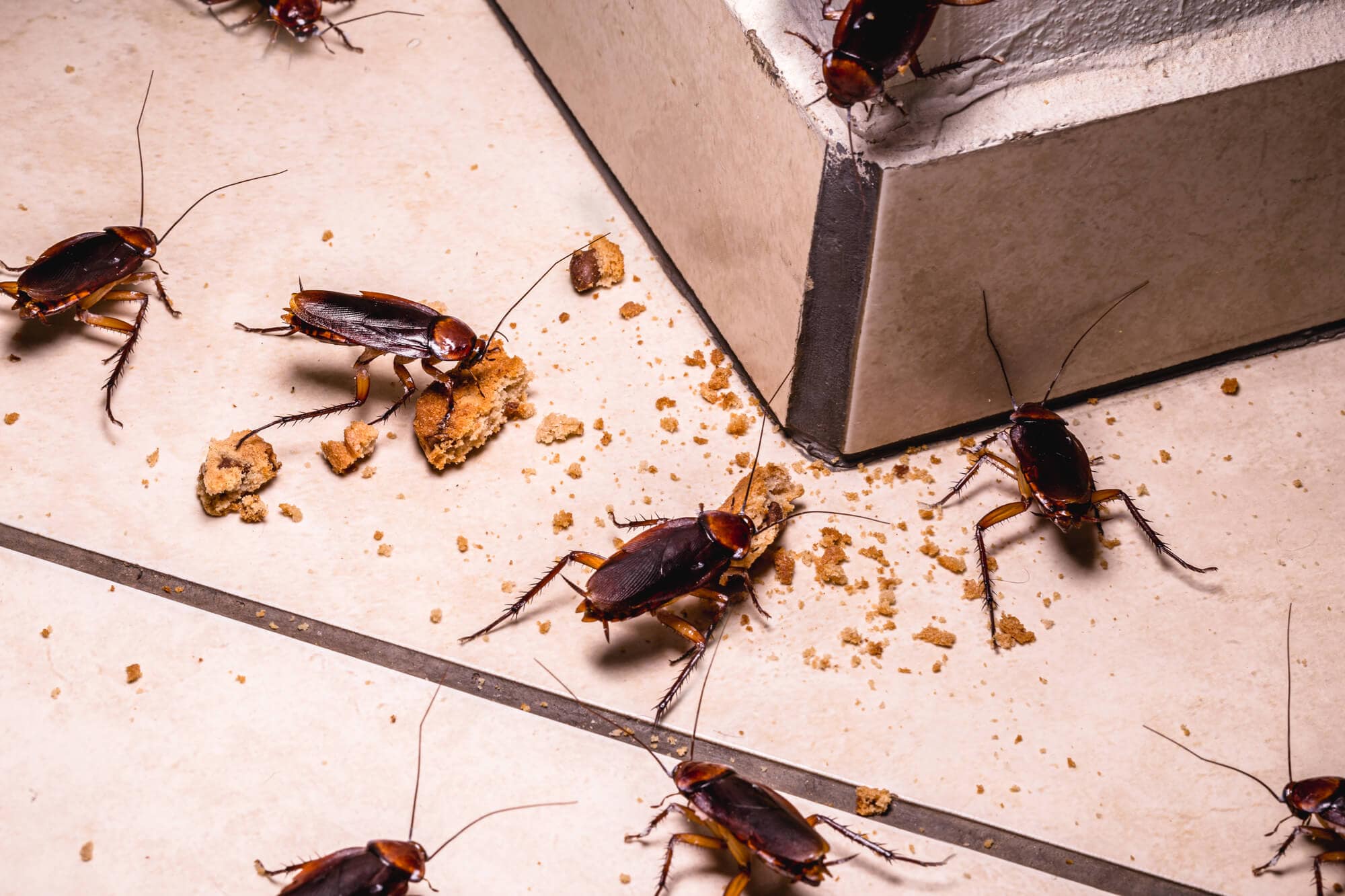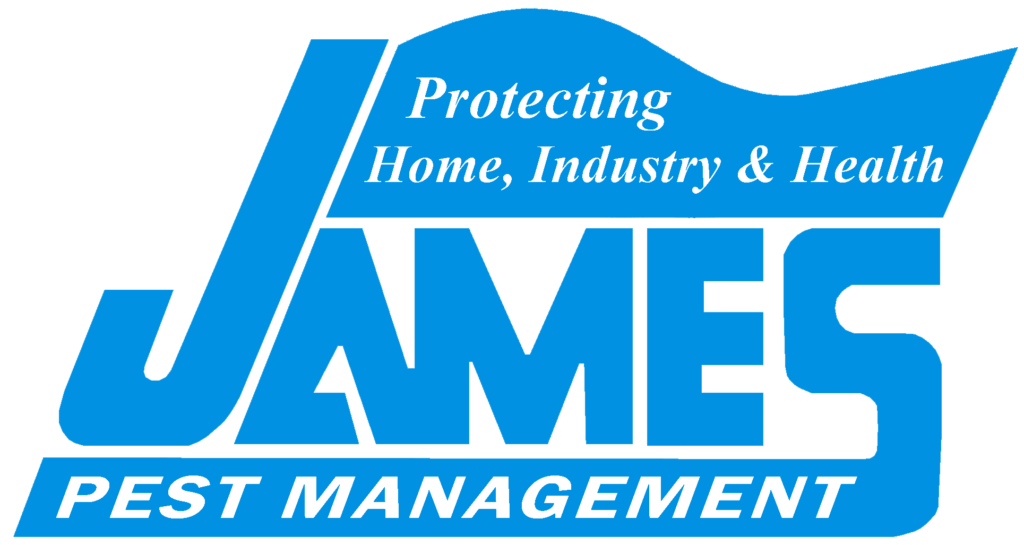
Cockroaches, those resilient creatures that scuttle around in the dark corners of our homes and businesses, are more than just a creepy nuisance. These seemingly indestructible pests pose hidden dangers that can profoundly impact our health and well-being. From triggering allergies and asthma attacks to spreading diseases and compromising hygiene, the presence of cockroaches should not be taken lightly.
Beyond their creepy appearance, cockroaches carry allergens, pathogens, and bacteria that can seriously affect our health. Their saliva, feces, and shed skin contain proteins that become airborne and can trigger allergic reactions and asthma attacks, particularly in individuals with sensitivities. Studies have shown a strong correlation between cockroach infestations and the development of childhood asthma. Furthermore, cockroaches can transmit harmful bacteria, such as Salmonella and E. coli, contaminating surfaces and food sources and leading to foodborne illnesses.
These hidden dangers make it essential to implement effective cockroach control measures. DIY methods may offer temporary relief, but cockroaches’ resilience and reproductive abilities often require professional intervention for long-lasting results. By prioritizing integrated pest management strategies and seeking expert assistance, we can minimize the risks associated with cockroach infestations and create healthier, safer environments for ourselves and our families. This article will uncover the often-overlooked risks associated with cockroaches and emphasize the critical need for effective control measures.
The Hidden Dangers of Cockroaches Revealed
- Asthma Triggers: Cockroach allergens can trigger asthma attacks and exacerbate respiratory symptoms in individuals with asthma or allergies. The proteins in cockroach saliva, feces, and shed skins can become airborne and cause allergic reactions, leading to wheezing, coughing, shortness of breath, and chest tightness.
Cockroach allergens are known to be potent asthma triggers, particularly in children. When inhaled, these allergens can irritate the airways and cause inflammation, leading to asthma symptoms and potentially severe asthma attacks.
- Childhood Asthma Development: Research has shown a strong association between cockroach infestations and the development of asthma in children. Exposure to cockroach allergens during early childhood can increase the risk of developing asthma, leading to long-term respiratory problems.
Children living in environments with high levels of cockroach allergens are more likely to develop asthma than those in cockroach-free environments. The presence of cockroach allergens in the home can harm lung health and contribute to the onset and persistence of asthma symptoms.
- Disease Transmission: Cockroaches are known carriers of bacteria, including Salmonella, E. coli, and other pathogens. They can contaminate food, utensils, and surfaces with these harmful microorganisms, leading to foodborne illnesses and infections when ingested or touched.
Cockroaches can pick up bacteria from unsanitary environments and transfer them to areas where food is prepared or stored. If contaminated food is consumed, it can cause severe gastrointestinal infections and symptoms such as diarrhea, vomiting, abdominal pain, and fever.
- Allergenic Effects: Besides triggering asthma, cockroach allergens can cause allergic reactions in sensitive individuals. These reactions can manifest as skin rashes, itching, watery eyes, sneezing, and nasal congestion.
When exposed to cockroach allergens, individuals with sensitivities can experience allergic symptoms similar to those experienced with other common allergens. Depending on the individual’s sensitivity level, these symptoms can range from mild to severe.
- Psychological Impact: Cockroaches can also have a psychological impact, leading to anxiety, stress, and a decreased sense of well-being. The fear and disgust associated with infestations can disrupt daily life and affect mental health.
Living in an environment infested with cockroaches can cause distress and anxiety. The constant worry about sightings, the feeling of invasion, and the potential stigma associated with infestations can harm mental well-being.
Prevention and Control Measures
- Maintain Cleanliness: Cockroaches are attracted to food residue, crumbs, and other sources of nourishment. Regularly clean your living space, paying attention to the kitchen, dining, and food storage areas. Sweep, vacuum, and mop floors, wipe down countertops, and promptly clean up spills. Store food in airtight containers and empty trash bins regularly.
- Eliminate Water Sources: Cockroaches need water to survive. Fix leaky faucets, pipes, and any other sources of moisture. Dry out sinks and bathtubs after use and ensure proper ventilation in damp areas like bathrooms and basements.
- Seal Entry Points: Cockroaches can enter your home through small cracks, gaps, and openings. Seal any entry points, such as gaps around windows and doors, holes in walls, and gaps around utility pipes. This will help prevent cockroaches from gaining access to your living space.
- Remove Clutter: Cockroaches thrive in cluttered environments as they provide them with hiding places. Declutter your living space, eliminate unnecessary items, and organize storage areas. Minimize the number of potential hiding spots for cockroaches.
- Proper Waste Management: Cockroaches are attracted to garbage and organic waste. Dispose of trash regularly in sealed bins and keep them away from the exterior walls of your home. Clean trash cans and recycling bins to remove food residues and prevent cockroach attraction.
- Seek Professional Assistance: If you already have a cockroach infestation or find it challenging to control your population, it’s advisable to seek professional pest control services. Pest control professionals have the expertise and tools to eliminate cockroach infestations and provide long-term control measures effectively.
- Integrated Pest Management (IPM): Adopt an integrated approach to pest management. IPM combines various strategies, including prevention, sanitation, physical barriers, and targeted treatments, to control cockroaches while minimizing the use of pesticides. This approach focuses on long-term solutions and reducing environmental impacts.
Contact Us Today!
Are you concerned about the hidden dangers of cockroaches in your home or business? Take action now to protect your health and well-being. Contact James Pest Control Company, the trusted experts in effective cockroach control.
